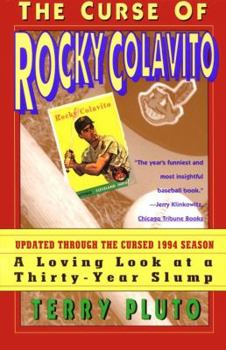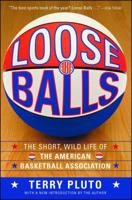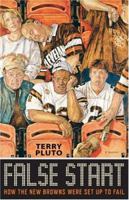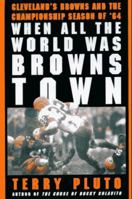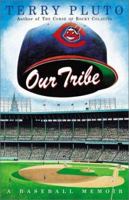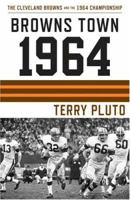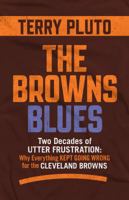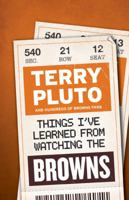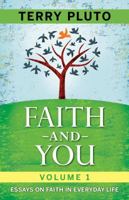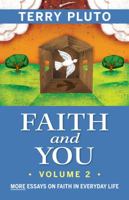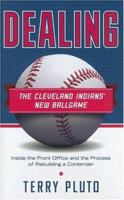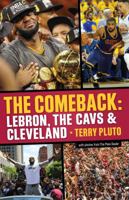Curse of Rocky Colavito: A Loving Look at a Thirty-year Slump
Select Format
Select Condition 
Based on Your Recent Browsing
Book Overview
Customer Reviews
Rated 5 starsA must for N.E. Ohio sports fans
Terry sums up perfectly what it's like to be a sports fan in Northeast Ohio since 1955. The talent we've had is incredible, the results even more incredible in that not much good has ever come of it. It will bring back tons of bittersweet memories.
0Report
Rated 5 starsAnother superb book by Terry Pluto
Terry Pluto wrote two of my favorite sports books, "Loose Balls" and "Our Tribe", this one makes three. Reading this will be great entertainment for the casual or die-hard Indians fan. Those who don't fit those two classifications will probably enjoy it also.
0Report
Rated 5 starsThe Tribe...this is my team!
A wonderful trip down memory lane, as I appear to be a contemporary of Terry Pluto in that I really relate to the Indians troubles from the mid-60's to their resurgence in 1995. As a youngster growing up, my favorite Indian was Sam McDowell and it was exciting and at the same time troubling to read how his personal problems affected his amazing potential. I, like Pluto, became a Tribe fan by listening to my father and went...
0Report
Rated 5 starsAll Indians fans should read this book!
Cleveland Indians fans of today don't know how good they have it (or maybe they do, and that's why they're such big fans!) Regardless of how long you've been an Indian fan (25 years, myself) you'll love this book. It was the first time I'd ever heard of many of the stories in the book -- the section on Rick Manning and Dennis Eckersley was particularly eye-opening.
0Report
Rated 5 starsHilariously funny; great nostalgia for Tribe fans
Terry Pluto, one of the best sports columnists in the nation, is the writer of this hilarious look at the years of Indian mediocrity. He has sections on Herb Score, the old Stadium and how as a beat writer during the 1980s he dreaded coming to work everyday. If you're an Indians fan you must have this book, if you're a baseball fan, I still recommend it highly.
0Report











